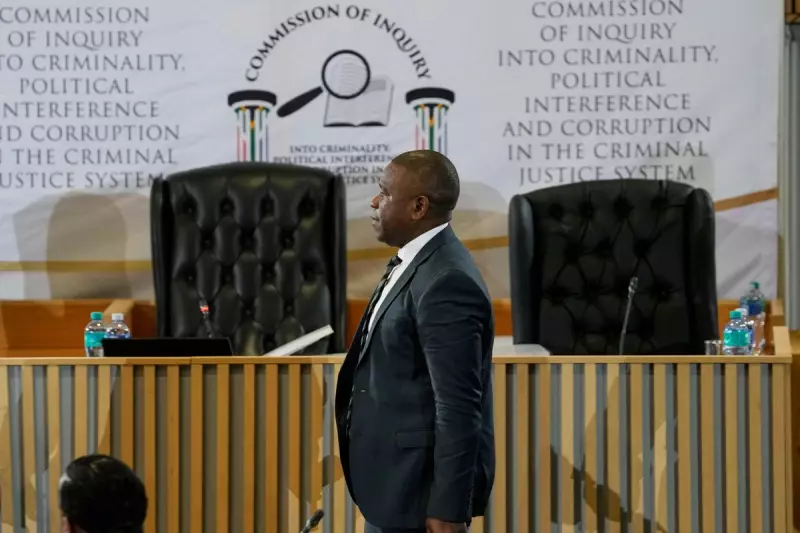
Cyril Ramaphosa has been officially inaugurated for a second term as South Africa's president, ushering in a new and uncertain chapter of coalition politics for the nation. The ceremony, held at the Union Buildings in Pretoria, was attended by a host of African leaders and dignitaries, marking a pivotal moment after his African National Congress (ANC) party lost its parliamentary majority for the first time in 30 years.
The ANC's historic electoral setback forced it into a fragile power-sharing arrangement, the Government of National Unity (GNU), which includes former political adversaries. This unprecedented coalition brings together the ANC, the Democratic Alliance (DA), and several smaller parties, creating a complex governing alliance.
A Daunting Path Ahead
President Ramaphosa faces a monumental task. His immediate priorities are tackling rampant unemployment, an ongoing energy crisis, and deep economic inequalities. The success of his administration hinges on the stability of the new coalition, which requires balancing the vastly different ideologies and demands of its members.
The political landscape is fraught with potential pitfalls. The left-wing Economic Freedom Fighters (EFF), led by Julius Malema, has refused to join the unity government, positioning itself as a powerful and vocal opposition force.
Unity and Division
In his inauguration speech, President Ramaphosa struck a conciliatory tone, emphasising the need for national unity. "The people of South Africa have spoken. They have given us a mandate to act together for the common good," he stated, addressing the crowd.
However, the event was not without its tensions. Supporters of the EFF gathered outside the venue, protesting the inclusion of the centre-right DA in the government. This visible dissent underscores the significant challenges Ramaphosa will face in maintaining cohesion within the broad and potentially fractious coalition.
All eyes are now on the announcement of his new cabinet, which will be the first true test of the power-sharing deal and a clear indicator of whether this unprecedented experiment in South African governance can succeed.






